It’s Monday morning, and you bump into your coworker. You try your best to make small talk with them to avoid an awkwardly silent elevator ride to your office. You mention you watched a movie over the weekend, and they ask you what it was about.
You panic and list off any details you can remember. The doors open, and you leave looking embarrassed, and your coworker is confused.
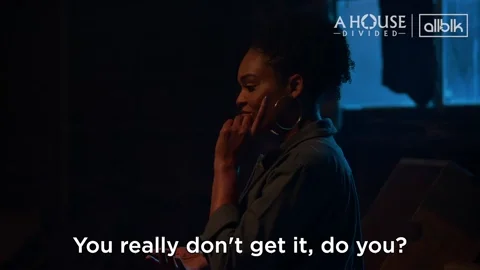
Communication is hard, especially when it’s not in your first language. Using linking words when speaking in English is a great way to connect your ideas in a more organized way.
What Are Linking Words?
 Linking words (also known as “connectors” or “transition words”) are words or phrases that people use to join ideas and sentences. People can use linking words when writing or speaking English to create a better flow and keep things more organized.
Linking words (also known as “connectors” or “transition words”) are words or phrases that people use to join ideas and sentences. People can use linking words when writing or speaking English to create a better flow and keep things more organized.
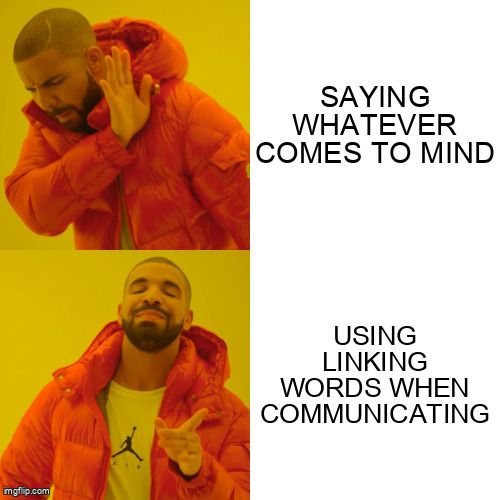
Examples of Linking Words
There are many different words/phrases that you can use to link your ideas or sentences, including:
however
also
as well as
then
on the other hand
unlike
because
Choosing the right linking word depends on what you want to communicate. There are many ways you can use linking words:
add information
compare and contrast
show order/sequence
show cause and effect
summarize
Using Linking Words in Casual and Informal Settings
Like all vocabulary, it is important to know when it's appropriate to use them.
Some linking words are perfect for more casual conversations 😊 (e.g. with friends or family), including:
also
plus
because
after that
basically
to sum it up
Other linking words are more appropriate for more formal situations 🧐 (e.g. a professional setting), such as:
furthermore
moreover
therefore
as a result
in summary
in conclusion
Keep an eye out for the monocle man emoji for more formal linking words: 🧐
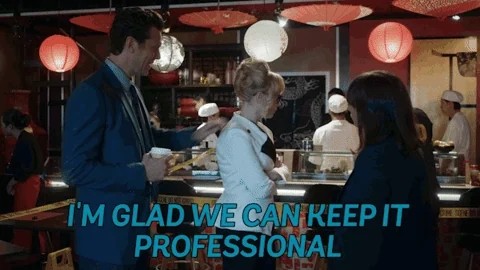
Linking Words To Add Information
When you want to signal that you’re adding more information, some helpful linking words include:
also
plus
as well as
in addition to 🧐
additionally 🧐
furthermore 🧐
moreover 🧐
 Don't Say This
Don't Say This
I like to read. I like to watch movies. I like matcha.
He takes forever to text back. He’s rude to waiters.
Troy likes playing basketball. He likes singing.
Elephants are the largest land mammals. They're smart and social animals.
 Say This
Say This
I like to read and watch movies. I also like matcha.
He takes forever to text back. Plus, he’s rude to waiters.
Troy likes playing basketball as well as singing.
Elephants are the largest land mammals.
Additionally, they're smart and social animals.
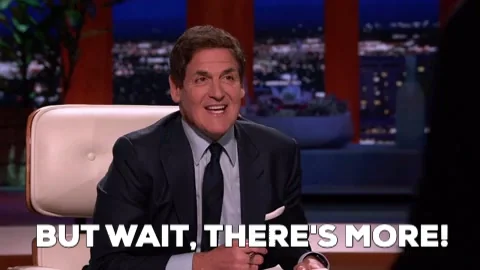
Linking Words For Comparing & Contrasting
Linking words can also be used when you want to compare and contrast different ideas. Some helpful linking words for opposing ideas include:
on the contrary 🧐
on one hand…on the other hand
even though/although
however
unlike
 Don't Say This
Don't Say This
They think baseball is boring. I love it.
I’m craving McDonald’s. I have food at home.
The tickets were expensive. I want to go to the concert.
Ana’s apartment is small and old. It is cozy.
My favourite season is winter. My sister doesn't.
 Say This
Say This
They think baseball is boring. On the contrary, I love it.
On one hand, I’m craving McDonald’s. On the other hand, I have food at home.
Even though the tickets were expensive, I want to go to the concert.
Ana’s apartment is small and old. However, it is cozy.
Unlike my sister,my favourite season is winter.
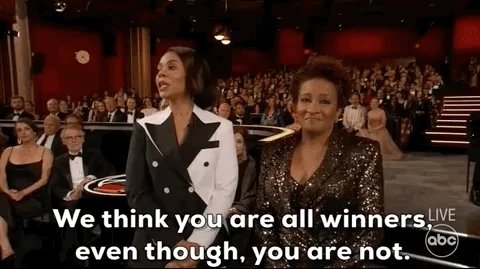
Quiz
Ali and Luka are talking about the pro's and con's of getting a puppy. Which linking words would be most helpful in this conversation? Select any words or phrases that help:
Linking Words To Show Order
In addition to using linking words to add more information, you can use them to show order. Some linking words that show order:
first/second/third/last
then
next
after that
finally
 Don't Say This
Don't Say This
Make the batter. Bake them in the oven for 30 minutes. Let them cool and put on the frosting. Decorate them with sprinkles.
The Blue Jays won against the Yankees. They beat the Mariners.
The kids ate pizza, played Monopoly and watched a movie. They went to sleep at midnight.
 Say This
Say This
First, make the batter. Second, bake them in the oven for 30 minutes. Third, let them cool and put on the frosting. Last, decorate them with sprinkles.
The Blue Jays won against the Yankees. After that, they beat the Mariners.
The kids ate pizza, played Monopoly, and watched a movie. Finally, they went to sleep at midnight.
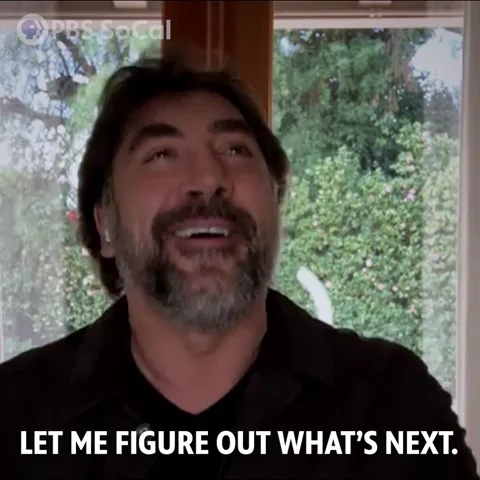
Linking Words To Show Cause & Effect
Moreover, you can explain the reason (cause) and result (effect) by using linking words like:
because
since
so
therefore 🧐
as a result 🧐
 Don't Say This
Don't Say This
There was a blizzard. Schools were closed.
We want to take a trip to Japan. We need to start saving money.
He wasn’t doing his assignments. He failed the class.
 Say This
Say This
Schools were closed because there was a blizzard.
We want to take a trip to Japan. So, we need to start saving money.
Since he wasn’t doing his assignments, he failed the class.
OR
He failed the class since he wasn’t doing his assignments.

Quiz
Marco and Melania just got engaged! Their friends ask them to tell the story of how he proposed. What type of linking words would be the most helpful for organizing how to share this story? Select any types that would help the story:
Linking Words For Summarizing
Finally, linking words can be very helpful when you want to provide a summary of what you just said — especially if you said a lot. This emphasizes the main idea or clarifies what you wanted to say. Some useful linking words for summarizing include:
in summary 🧐
in other words
overall
to sum it up
basically
in conclusion 🧐
 Example
Example
After listening to the songs together, Mia asks Nina if she likes the new Taylor Swift album. Nina starts rambling and talks about what she likes and doesn’t like.
Mia: “I’m confused. Did you like it or not?”
Nina: “Overall, it was good, but not my favourite album.”

Take Action
In summary, linking words are very helpful when speaking English. They help conversations flow better and make what you want to say clear and organized.
Having some go-to linking words can buy you some time as you try to think of what you want to say. It also gives cues to the person you’re talking to so they can follow along more easily.

Your feedback matters to us.
This Byte helped me better understand the topic.
